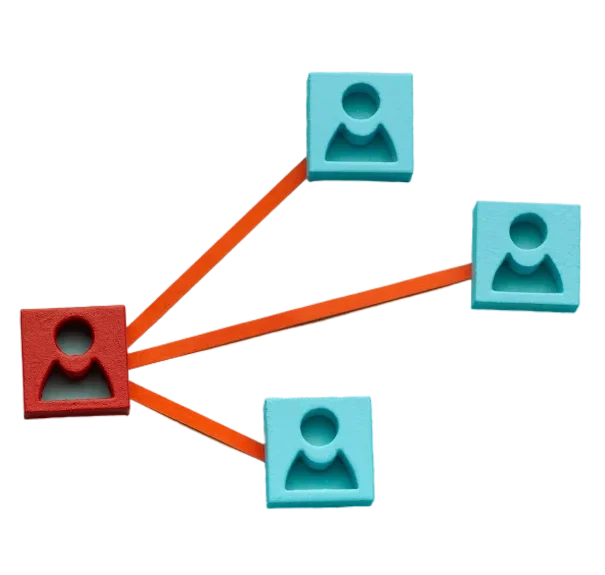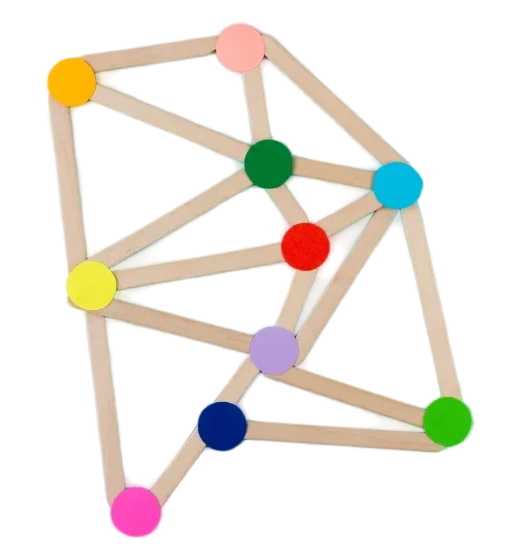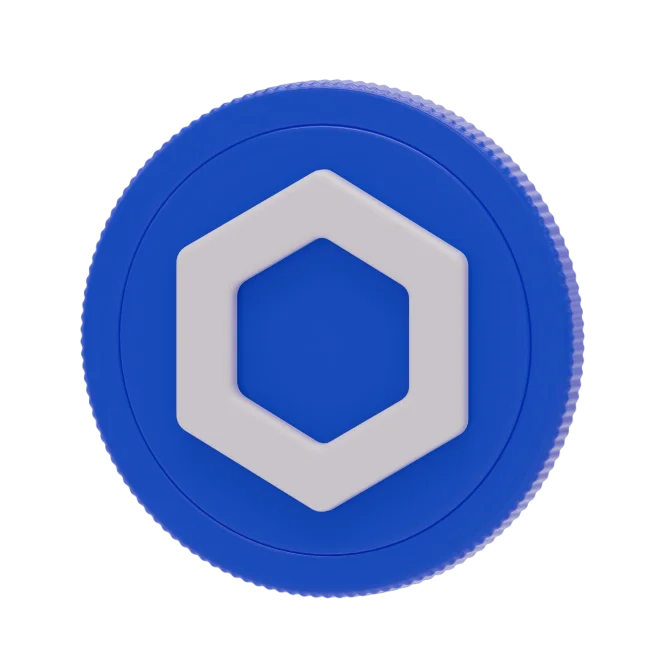Today’s social media is dominated by a few powerful corporations. These platforms prioritize profit over user privacy, dictate what content we see, and can silence dissenting voices. Here’s what’s problematic:
Data Privacy Concerns: Our data is collected, analyzed, and used for targeted advertising, raising privacy and security questions.
Censorship Risks: Platforms can censor content or silence voices they disagree with, limiting free expression.
Opaque Algorithms: News feeds and content recommendations are determined by opaque algorithms, potentially manipulating users.
A social media landscape where you control your data, censorship is limited, and content creation is rewarded – that’s the promise of Decentralized Social Chains (DSCs), a revolutionary concept poised to disrupt the dominance of centralized platforms.

Decentralized social chains utilize blockchain’s decentralized ledger system to transform traditional social media paradigms.
Unlike centralized platforms, where user data is stored on company servers and controlled by a single entity, decentralized social chains distribute data across a network of nodes.
This ensures transparency, data ownership, and censorship resistance, empowering users with greater control over their digital identities.
Decentralized Power: No single entity controls the network. Data is distributed across a network of computers, giving users more control.
Data Ownership: You own your data on a DSC. You choose what you share and with whom.
Transparency and Fairness: Content moderation is often community-driven and governed by transparent rules, reducing censorship.

The foundation of decentralized social chains is blockchain, ensuring secure and transparent transactions. Each interaction on the platform is recorded as a tamper-resistant record on the blockchain, enhancing trust and accountability.

Decentralized social chains employ cryptographic methods to secure user data and communications. Users control access to their information through private keys, ensuring confidentiality and mitigating risks of unauthorized access.

Smart contracts automate interactions between users based on predefined conditions, facilitating transactions, content sharing, and community governance on decentralized social chains. These contracts operate autonomously, reducing the need for intermediaries.

Unlike centralized platforms vulnerable to data breaches, decentralized social chains utilize distributed storage solutions. Data is fragmented and stored across multiple nodes, enhancing security and resilience against attacks.

Users retain ownership of their data on decentralized social chains, controlling how and when their information is shared. Cryptographic security ensures privacy, reducing risks associated with centralized data repositories.

Centralized platforms often censor content based on political, ideological, or commercial motivations. Decentralized social chains promote free speech by eliminating central authorities that control content dissemination.

Decentralized social chains empower users to participate in platform governance through consensus mechanisms. Users collectively determine platform rules, content moderation policies, and feature implementations.

Blockchain technology enables new economic models where users can earn tokens or rewards for creating valuable content, participating in governance, or contributing to platform growth. This incentivizes active participation and content creation.


Transitioning from centralized to decentralized platforms requires overcoming user inertia and educating users about blockchain technology and its benefits.

Blockchain scalability remains a challenge for decentralized social chains, particularly in handling high transaction volumes and maintaining low latency. Solutions like layer 2 scaling and improved consensus algorithms are under development.

The regulatory environment surrounding blockchain and cryptocurrencies is evolving. Decentralized social chains must navigate legal challenges related to data protection, financial regulations, and compliance.

Balancing free speech with responsible content moderation is a nuanced issue for decentralized social chains. Implementing effective governance models and decentralized moderation tools is essential to maintain platform integrity.


Authors, journalists, and creators can publish content directly on decentralized social chains, maintaining ownership rights and receiving direct compensation from consumers or supporters.

Decentralized social chains facilitate direct interactions between users without intermediaries. Users can connect, share content, and participate in communities governed by transparent rules and incentives.

Blockchain enables micropayments, allowing users to tip content creators, unlock premium content, or participate in pay-per-view events without traditional payment processors.

Blockchain-based digital identities offer a secure and portable way for users to manage their online presence across various platforms, enhancing privacy and reducing identity theft risks.

Integration with DeFi protocols allows users to stake tokens, participate in liquidity pools, and access decentralized lending and borrowing services. This financial inclusion enhances the utility and value proposition of decentralized social chains.

These tokens provide access to specific features and functionalities within the DSC ecosystem. Owning utility tokens doesn't necessarily grant ownership rights to the platform itself.

These tokens give holders voting rights on platform proposals, allowing them to influence the DSC's development. Governance tokens often represent a stake in the platform's future success.

Unlike traditional social media platforms, DSCs reward users for creating valuable content and curating high-quality information. Users can earn tokens for activities like writing posts, sharing media, and engaging in discussions.


Many DSCs leverage token ownership for on-platform governance. Token holders can vote on proposals that shape the platform's future direction, such as protocol upgrades or content moderation policies.

Certain DSCs might offer premium features or functionalities accessible only to users holding a specific amount of tokens. This could include access to private communities, early participation in token sales, or discounts on transaction fees.

Some DSCs incorporate a native marketplace where users can buy and sell virtual goods or services using the platform's token. This fosters a more decentralized economy within the social network.

Raising awareness about TON and its functionalities among potential users and developers is critical for broader adoption. Educational initiatives and user-friendly interfaces can play a significant role in this regard.



Tokens act as an incentive, encouraging users to actively contribute valuable content and participate in network activities.

Token-based governance allows users to have a say in the platform's direction, fostering a sense of ownership and community.

Users can earn tokens through their contributions, creating new avenues for content creators and active participants to monetize their work.

Tokens facilitate secure and transparent in-platform transactions, eliminating the need for intermediaries.
Despite the challenges, DSCs represent a significant step towards a more equitable social media environment. Here’s what the future might hold:

Platforms combining the benefits of decentralization with user-friendly interfaces might emerge.

DSCs could thrive in catering to communities that value privacy and control.

Innovative models could reward user contributions, reducing reliance on advertising.
Seamlessly connect with Kenson Investments for specialized assistance on your digital asset journey.


Kenson Investments excels in digital asset management, serving high-net-worth individuals and businesses. We prioritize security and transparency, offering tailored solutions for asset management, diversification, and innovative investment opportunities in the expanding digital asset sector.
Disclaimer: The crypto currency and digital asset space is an emerging asset class that has not yet been regulated by the SEC and US Federal Government. None of the information provided by Kenson LLC should be considered as financial investment advice. Please consultant your Registered Financial Advisor for guidance. Kenson LLC does not offer any products regulated by the SEC including, equities, registered securities, ETFs, stocks, bonds, or equivalents.

Copyright © 2024 Kenson Investments. All Rights Reserved.